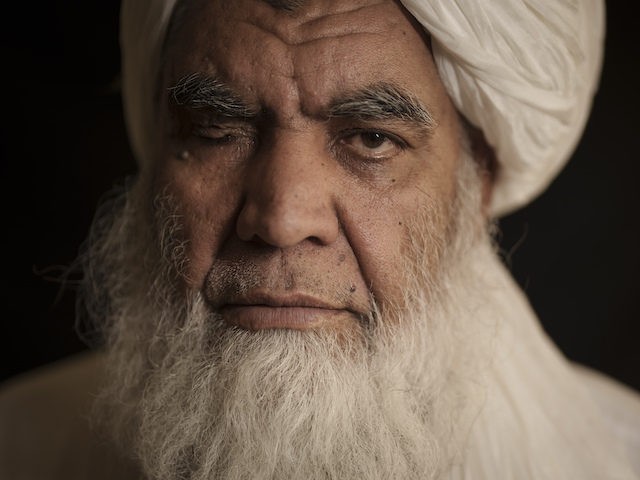Afghanistan’s ruling Taliban regime has killed or disappeared 47 ex-members of Afghanistan’s former government security force in the weeks since the Taliban deposed Kabul’s U.S.-backed government on August 15, Human Rights Watch (HRW) alleged in a report published Tuesday.
HRW said it documented “the summary execution or enforced disappearance of 47 former members of the Afghan National Security Forces (ANSF) — military personnel, police, intelligence service members, and paramilitary militia — who had surrendered to or were apprehended by Taliban forces between August 15 and October 31, 2021.”
The November 30 report by HRW specifically focuses on cases from the Afghan provinces of Kandahar, Helmand, Kunduz, and Ghazni. HRW’s researchers based their findings on 67 interviews conducted within the stated provinces, including 40 interviews carried out in person. HRW said its findings indicated that “more than 100” former Afghan government staff may have been targeted by the Taliban through the forced disappearances and executions, though it only documented 47 such cases.
Members of the Taliban took advantage of “access to employment records that the former [Afghan] government left behind” to identify and target their 47 victims, according to the human rights organization. HRW highlighted the alleged Taliban-ordered killing of Baz Muhammad, an ex-employee of the former Afghan state intelligence agency — known as the National Directorate of Security (NDS) — in September in Kandahar province.
“Around September 30, Taliban forces came to his [Muhammad’s] house in Kandahar city and arrested him; relatives later found his body,” according to the report. “The murder, about 45 days after the Taliban had taken over the country, suggests that senior [Taliban] officials ordered or were at least aware of the killing.”
“[T]he Taliban leadership directed members of surrendering Afghan National Security Force (ANSF) units to register with them in order to receive a letter guaranteeing their safety,” Voice of America (VOA) noted on November 30 after reviewing HRW’s new report.
The registrations did not help secure the ex-ANSF members’ safety as advertised but instead marked them for targeted retribution by the Taliban. Members of the Taliban scrutinized former ANSF members who fell for the fake amnesty system for “ties to particular military, police, militia, and special forces units, or to commanders or former provincial authorities,” HRW detailed. The screened individuals were additionally required to surrender any weapons in their possession to the Taliban, making them especially vulnerable to an eventual “revenge” attack by the group, according to the report.
HRW reached out to Taliban officials on November 7 to ask about the alleged forced disappearances and killings since August 15. Representatives for the group responded with a lengthy statement that claimed the Taliban had detained some individuals not for “past deeds, but [because] they are engaged in new criminal activities … [and] create problems and plots against the new administration, [and] keep contacts with notorious individuals who fled the country.”
“It is not our policy to kill someone without trial, whether he is from ISIS or from another group,” the Taliban added.
Taliban spokesman Zabihullah Mujahid told reporters at an August 17 press conference in Kabul his organization would not seek “revenge” on its opponents, claiming such individuals would be “forgiven.”
“We assure you that nobody will go to their doors to ask why they helped,” he said, referring to people who previously worked for or aided Afghanistan’s U.S.-backed government.
HRW acknowledged on Tuesday that the Taliban’s use of forced disappearances does not represent a novel intimidation tactic in Afghanistan, as it was previously utilized by the country’s U.S.-backed government. The United Nations alleged in an April 2017 report to have documented numerous instances of “people vanishing after being taken into custody by the police in Kandahar in 2015 and 2016,” HRW relayed at the time.
“Previous Afghan governments, including that of President Ashraf Ghani, extensively used enforced disappearances against their opponents,” the human rights organization recalled on November 30.
Ghani served as Afghanistan’s president from September 2014 through August 2021 before abandoning the country in the hours immediately preceding the Taliban’s ousting of Kabul’s U.S.-backed government.

COMMENTS
Please let us know if you're having issues with commenting.